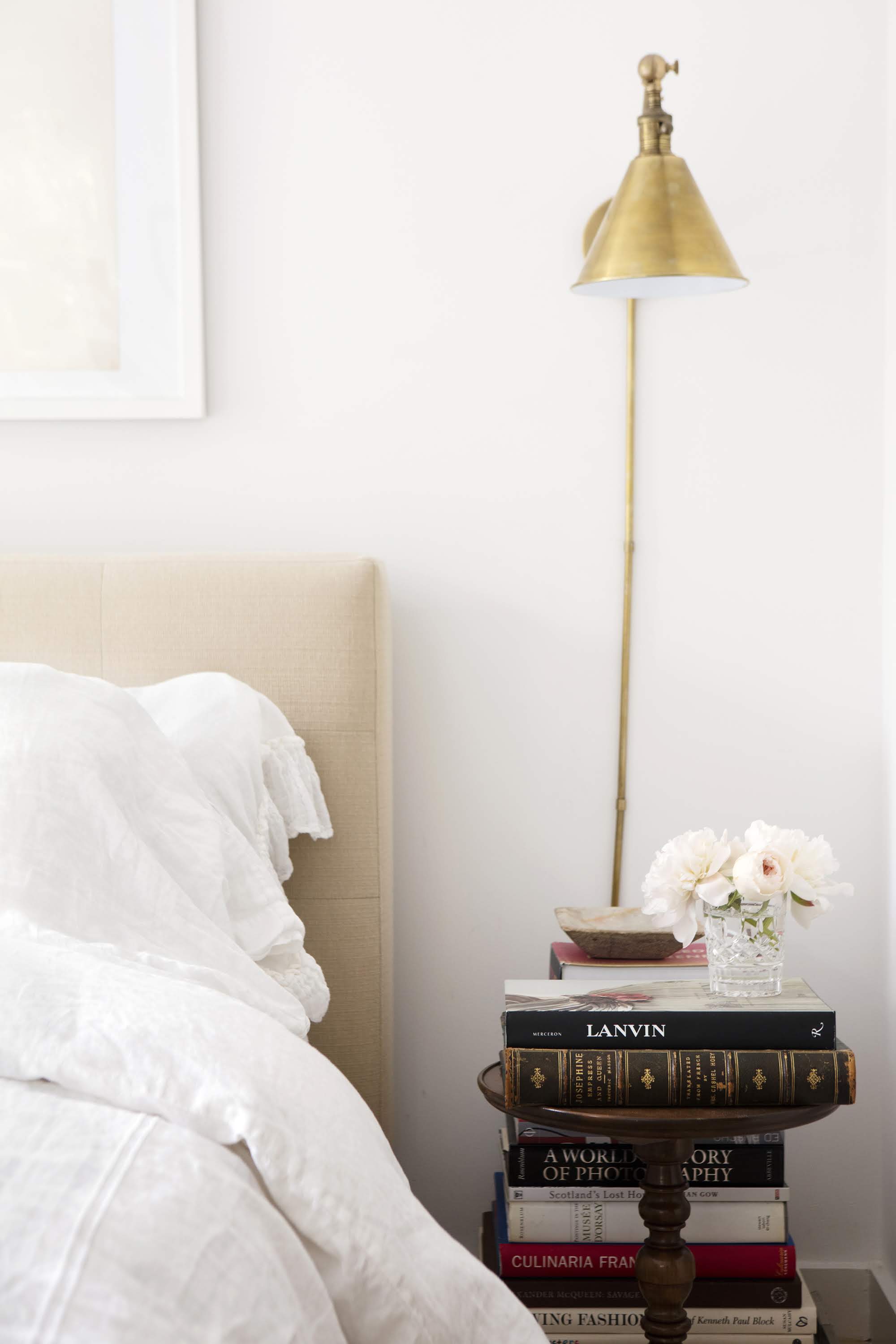We may earn revenue from the products available on this page and participate in affiliate programs.
Ignoring your alarm clock to stay in bed a little longer—okay, sometimes a lot longer—is better for than you might have assumed. A new study shows that less than an hour of extra sleep can have noticeable health benefits beyond just making you feel more alert in the morning.
The study observed 53 undergrads as they shifted their sleep habits. For one week, they slept according to their typical schedule, and the following week, they were instructed to get an extra hour of shut-eye. The results showed that when the students got just 43 extra minutes of sleep, not only were they less drowsy the following day, they also had lower blood pressure—which, in the long term, decreases the likelihood of heart disease, heart attack, and stroke.
According to the American Heart Association, heart health is also linked to diet and exercise, but hey, getting a little extra sleep is an easy enough step in the right direction to overall health and wellness. Reset your alarm clock (guilt-free!) for a time that’s a little more realistic or tuck yourself into bed a bit earlier—and have these products on hand as backup. A muscle-relaxing magnesium spray will help you wind down, and a 6:30 a.m. sunrise has nothing on a light-blocking eye mask.
See more stories like this: How Many Hours of Sleep You Need to Live Longer What Happens to Your Body When You Wake Up at 5 a.m. Every Day This Is When the Most Productive People Wake Up
